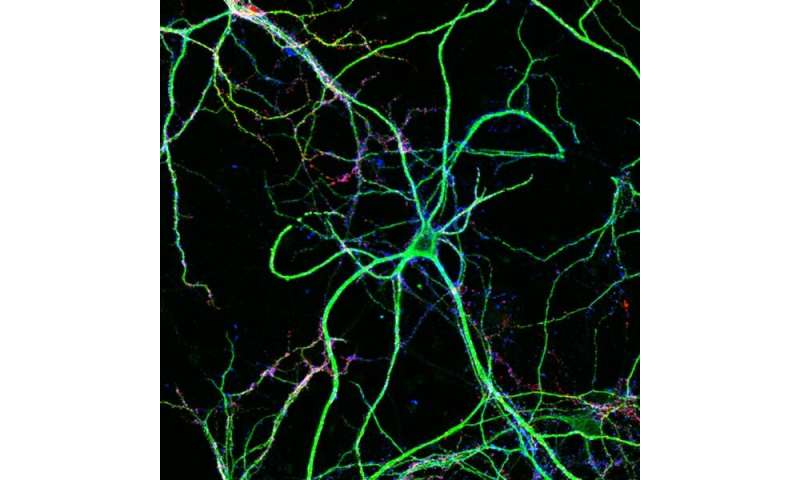
Scientists at The University of Texas at Dallas have found evidence suggesting that resistance to the “hunger hormone” ghrelin in the brain is linked to the cognitive impairments and memory loss associated with Alzheimer’s disease (AD).
The findings, based on observations of postmortem brain-tissue samples from Alzheimer’s patients and on experiments with a mouse model of AD, also suggest a possible treatment strategy for the incurable neurodegenerative disorder that affects about 5.8 million older adults in the United…

























